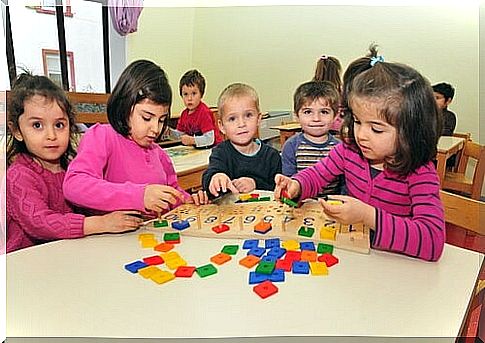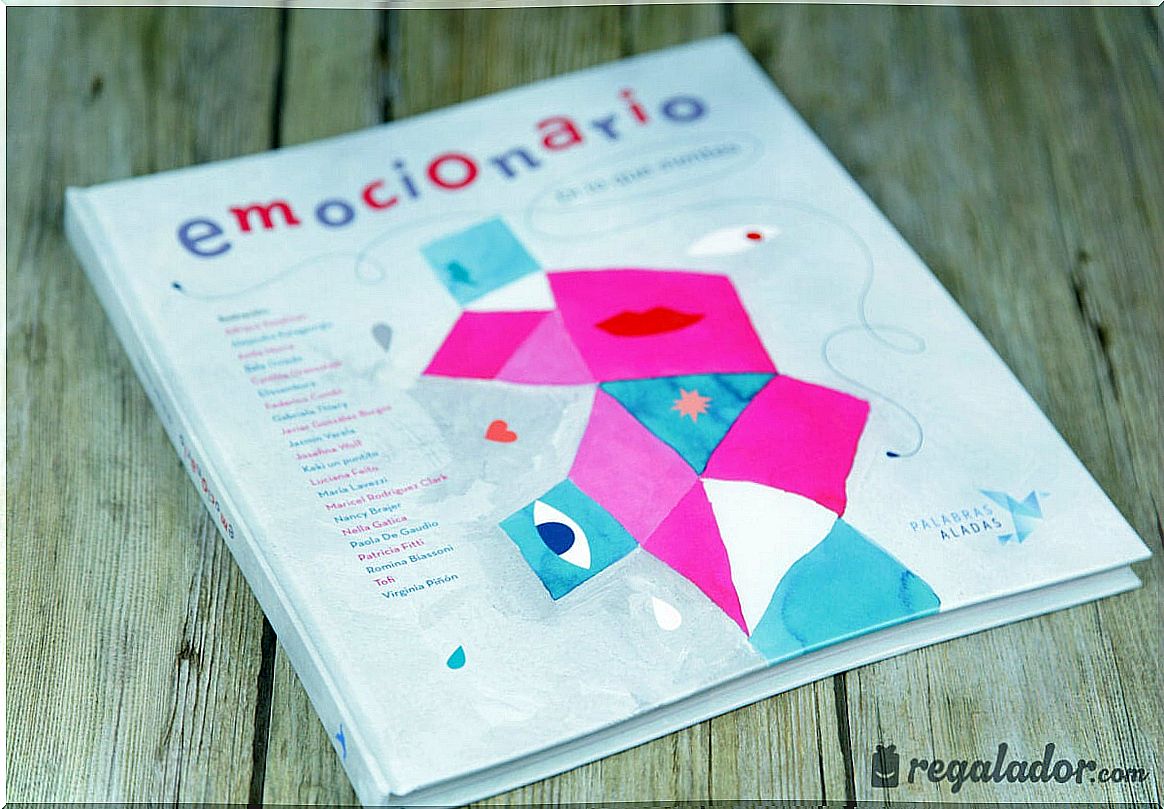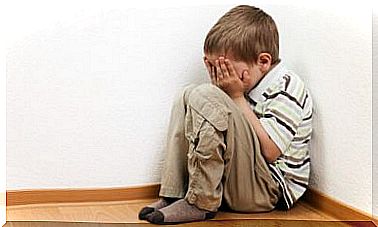Systematization In Pedagogy

Pedagogy draws on other sciences such as psychology or philosophy, and on certain tools and procedures. In this case, we will analyze the role of systematization in pedagogy.
Pedagogy as a discipline
Pedagogy is the discipline that aims to organize education, in general, and teaching, in particular, in order to achieve certain ends. Said purposes are in accordance with the criteria that a society establishes on how the individuals that comprise it should be.
Pedagogy studies education as a complex phenomenon, and is specified in methodologies and techniques that facilitate teaching – learning processes through planning, execution and evaluation. In other words: we could say that pedagogy is the science that deals with the formation of the person.
Through a planned teaching process, it is responsible for people to acquire the necessary knowledge and develop the appropriate personality for coexistence in society.

Systematization as a research modality
Every discipline requires a permanent research process to be conformed as such and to continue to establish its theoretical and conceptual bases.
To do this, he resorts to different investigative strategies that allow him to obtain information on which to reflect and create new knowledge.
The systematization, then, refers to the study of the practice of the subjects in an educational environment, to turn these actors into knowledge-producing subjects. Its objective is to know the meanings that people give to their practices, reflect on it and produce a new knowledge that transforms and improves it.
In simpler words: systematization is about a description, a reconstruction as objective as possible of a concrete reality. It is about studying a reality without any hypothesis or preconceived idea, but simply collecting, in the most faithful way possible, the voices of the same actors in their own tone and narrative.
Systematization in pedagogy
Once systematization is defined as an investigative modality, we want to highlight the role that systematization plays in pedagogy. A systematization of educational and school experiences aims to contribute to the transformation and improvement of the educational institution.
What systematization allows in the educational field is to provide key information and understand the processes and actions of educational subjects, as they live, enunciate and describe it.
This information may be related to a multiplicity of areas, levels, situations, elements, variables, opinions, achievements, innovations, etc.
In turn, this information, together with the consideration of a particular institutional context, should be studied and analyzed in order to improve the institutional reality.

Steps and elements necessary for systematization in pedagogy
Since it is a meticulous and exhaustive process, a series of steps are required to be able to carry out the systematization in pedagogy. They are:
Record of experiences
Information is the key, and it must be clear, precise and exhaustive. All types of notes and field diaries should be used, including also other types of information media, such as recordings, filming, photographs, etc.
Design of an instrument to be able to organize the information collected
Depending on the pre-established objectives or purpose of the systematization, the data must be ordered, classified and coded, in order to be later interpreted.
Analysis and interpretation of information
This step involves analyzing the practices based on the information obtained, identifying both the positive points and strengths as well as other aspects that may be negatively influencing the school reality.
To conclude, and regarding this last step, it is important to be able to make a critical interpretation of the entire process experienced, always considering the perspective, the voice, and the meaning that each actor gives to their own practice.










